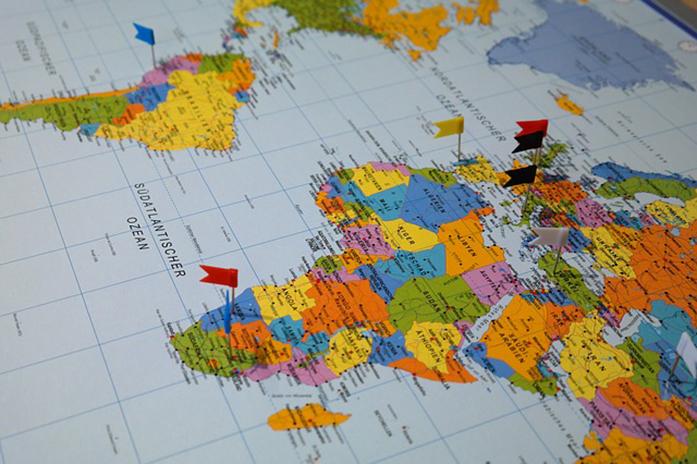Earlier this week, the LA Times ran an article making the claim that Syrian militias, armed by the CIA, have been clashing with other Syrian militias, armed by the Pentagon. This revelation should be shocking, but instead it’s something that was inevitable in the most tragic way.
It deserves to be noted the article was a degree misleading. In an extensive breakdown of the Syrian conflict and the plethora of actors involved, Sam Heller wrote in an article for War on the Rocks that the Syrian Democratic Forces, which the LA Times article claimed had been clashing with the CIA-backed Fursan al Haq while maneuvering through contested territory, is only backed by the Pentagon in a small area involved in conflict with ISIS. But, perhaps in a bit of a stretch, because both militias operate under the umbrella of the Syrian Democratic Forces, the LA Times article remains true.
That said, the entire situation, however you spin it, remains entirely absurd. The puppeteering nature of U.S. foreign policy is consistently finding itself in ridiculous, embarrassing blunders such as this. Furthermore, the notion of pumping arms into a war-torn area in the grips of a vicious civil war tangled in complexities and intricacies that are almost incomprehensible at the moment is downright irresponsible.
The mindset that fuels this kind of intervention is the remnants of a Cold War mentality, in which stronger militaries and economies attempted to orchestrate the fate of contentious ideologies in the midst of conflict in smaller nations. Though it’s perhaps noble in the demagogue sense of Western rhetoric, at the core of this mentality is the rejection of the autonomy of non-Western people and non-Western nations, which in turn strips them of their dignity. This is not OK. This is the same mentality that brought Southeast Asia to its knees, crippled numerous South American economies, and has been the root cause of the seemingly perpetual civil war afflicting certain regions of Africa. It’s ideological colonialism.
RELATED: Student stress worth stressing over
But, this mindset is all in the fight against ISIS, which is undeniably a terrible organization. So how does one approach the issue at hand when one ideology seems so objectively wrong? I suppose you continue these kinds of policies anyway. Perhaps you do it not from the larger and more abstract “fight for democracy” standpoint, but simply because it’s profitable.
According to an article published on Stanford University’s website, “The three largest defense companies in the world are all United States companies. With a combined total revenue in 2001 of $100 billion and employing 400,000 people, Lockheed Martin, Northrop Grumman, and Boeing are three powerhouses of American business.” This knowledge, when coupled with the fact that the United States is arming numerous factions involved in the Syrian conflict, is unsettling to say the least. The idea of supporting the democratic ideology in this struggle seems to be smoke blown to obscure the underlying intentions behind the Pentagon’s perpetual intervention and warfare throughout the 20th century and into the 21st.
Perhaps economic profits are simply a grizzly gain to the bleak reality of war, but in the words of decorated World War I American Gen. Smedley Butler: “War is a Racket. It always has been. It is possibly the oldest, easily the most profitable, surely the most vicious. It is the only one international in scope. It is the only one in which the profits are reckoned in dollars and the losses in lives.”



